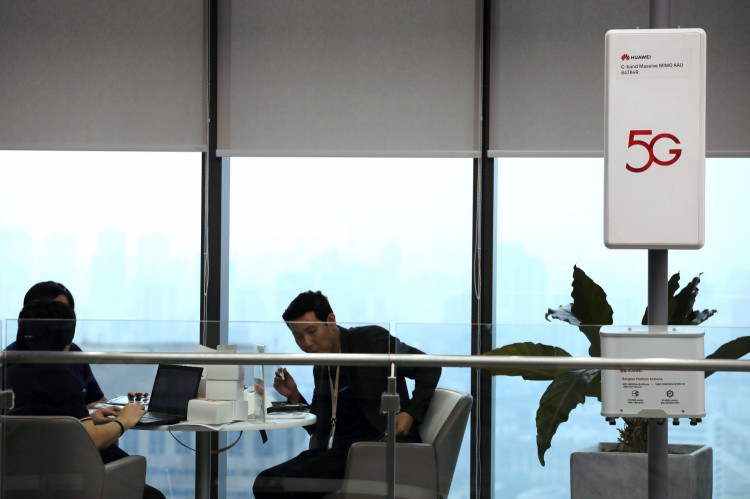The GSMA initiative composed of 800 telecom operators worldwide called on European governments to join mobile operators in establishing a testing regime that will protect network security without the need to ban market competitors.
The members of the GSMA warns that banning a China's Huawei Technology in the market will disrupt the supply of equipment, increase costs to them and their customers, cause a delay the implementation of their 5G services by a year, and will potentially hobble existing networks. The initiative came after the United States pressured its allies to ban Huawei's tech based on national security grounds.
Two weeks before GSMA hosts the annual Mobile World Congress in Barcelona, the association commented that the significant consequences, intended or not, are entirely avoidable. The congress attracts not less than 100,000 visitors annually and it is expected to conduct a closed-door discussion of telecoms CEO's to discuss the risks that would arise of governments will boycott the Chinese product.
The Europe-wide network testing regime is the biggest attempt of the telecom industry to avert more bans on Huawei. The United States and Australian government promoted the boycott based on the United States claim that Huawei equipment could come with back doors that might be used in espionage. The Chinese company is ranked as the world's leading supplier of telecoms network equipment with a current market share of 28 percent.
The United States also claimed that Huawei vendors need to be investigated based on a National Intelligence Law that requires the organizations and citizens of a nation to collaborate in espionage.
Senior officials of the European Union said that that it is considering proposals that would result in a de facto ban on Huawei which added to the pressures suffered by the Chinese firm. Huawei denies the allegations of the United States and they argue that the accusations are baseless.
The GSMA plans to assemble a team of European operators that will identify ways to enhance the existing regimes run by operators including those that are operated by third-party laboratories or in partnership with the 5G standardization body, the 3GPP.
The association recommends that governments and mobile operators need to work together to agree on an assurance and testing regime for the continent to ensure confidence in network security while maintaining the market competition. Huawei assured that they are committed to working globally with everyone involved in network security including the partners, suppliers, regulators, and the governments to find the best way to ensure the security, safety, and privacy of data.





